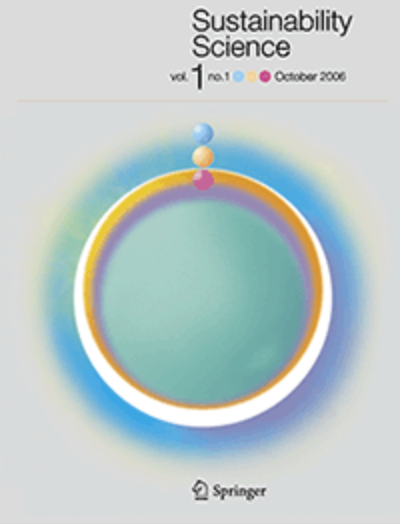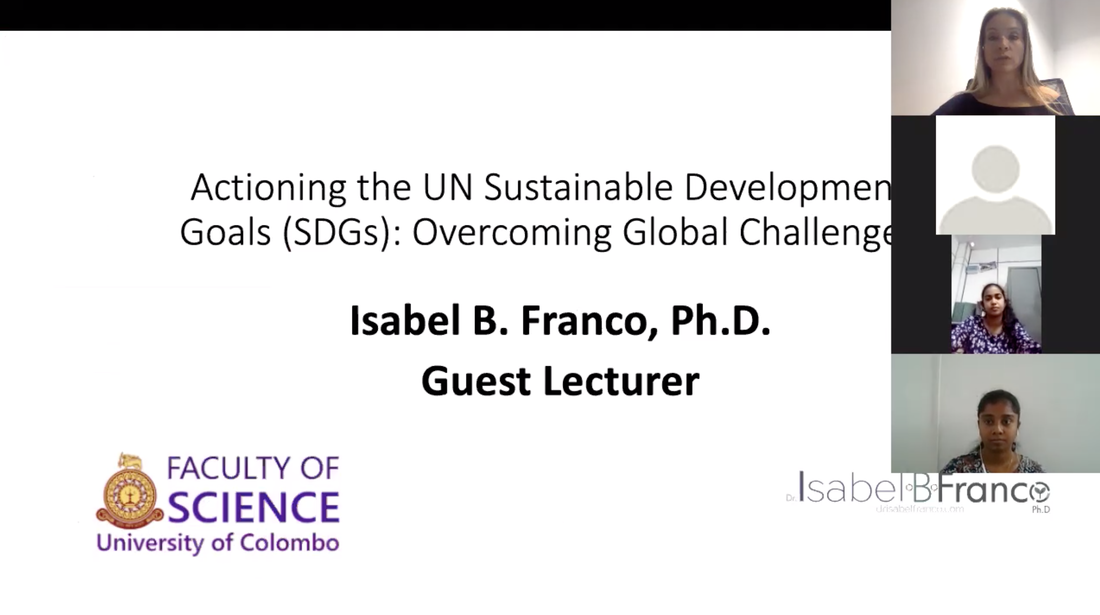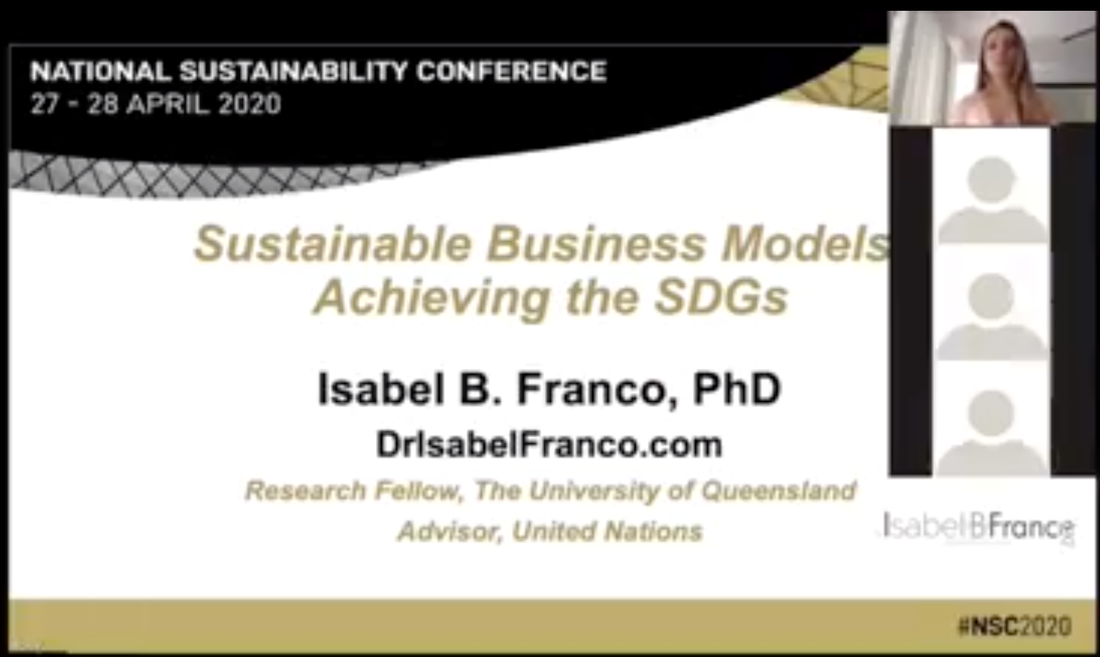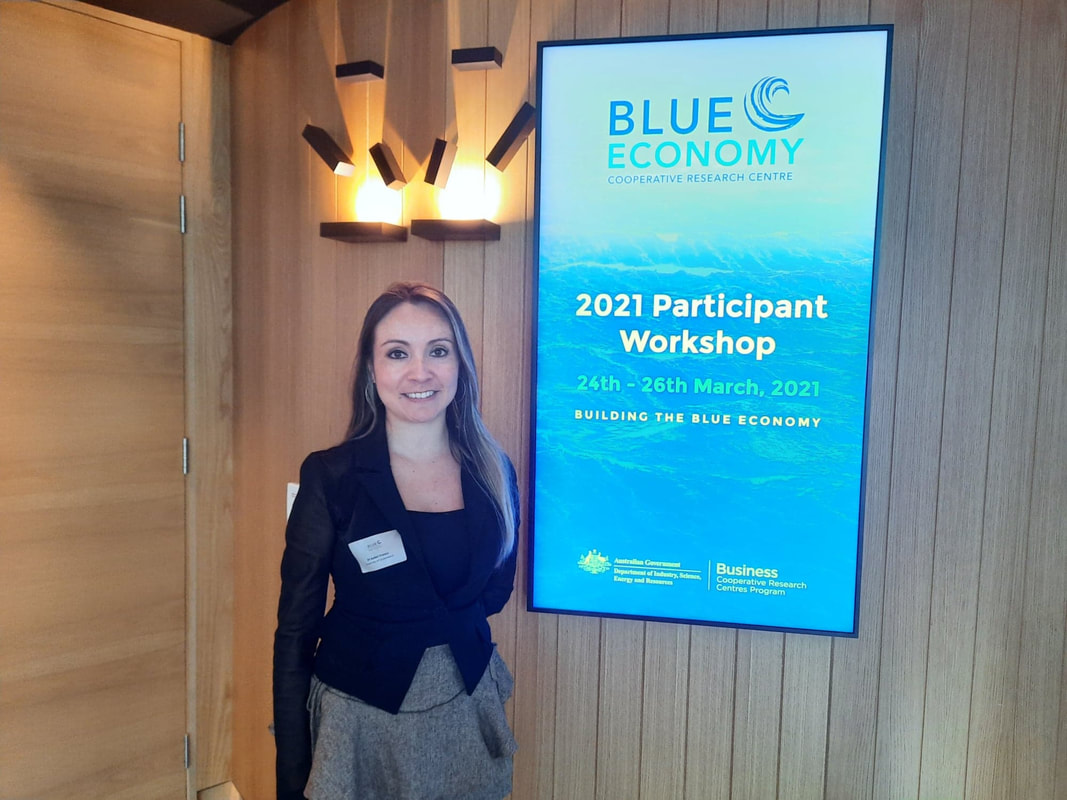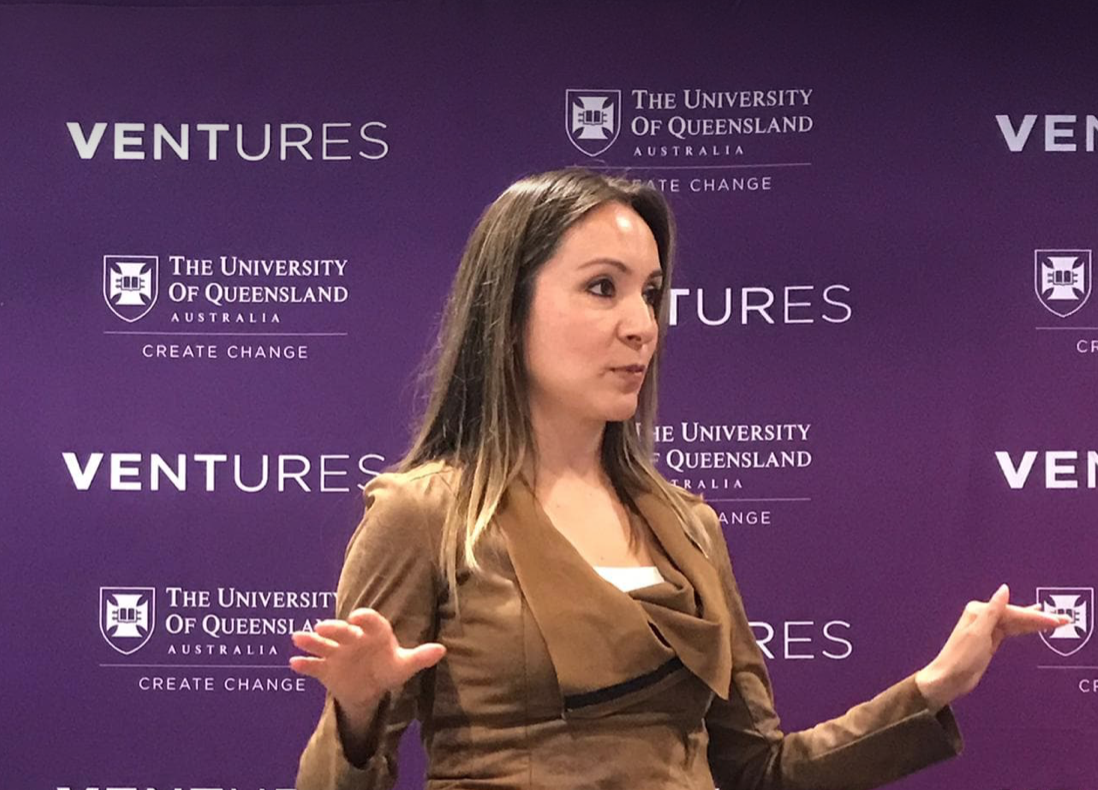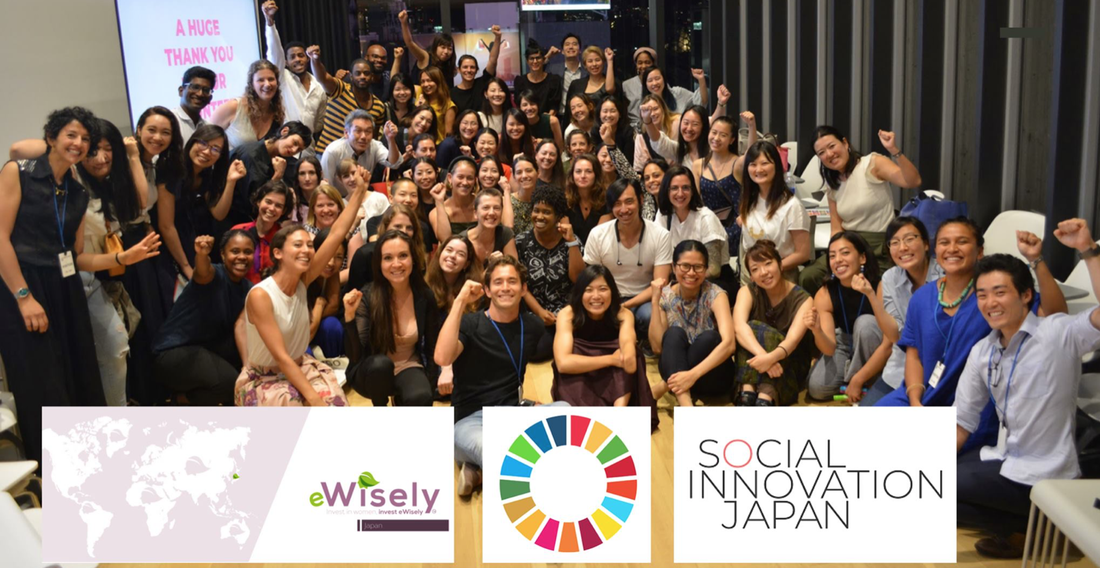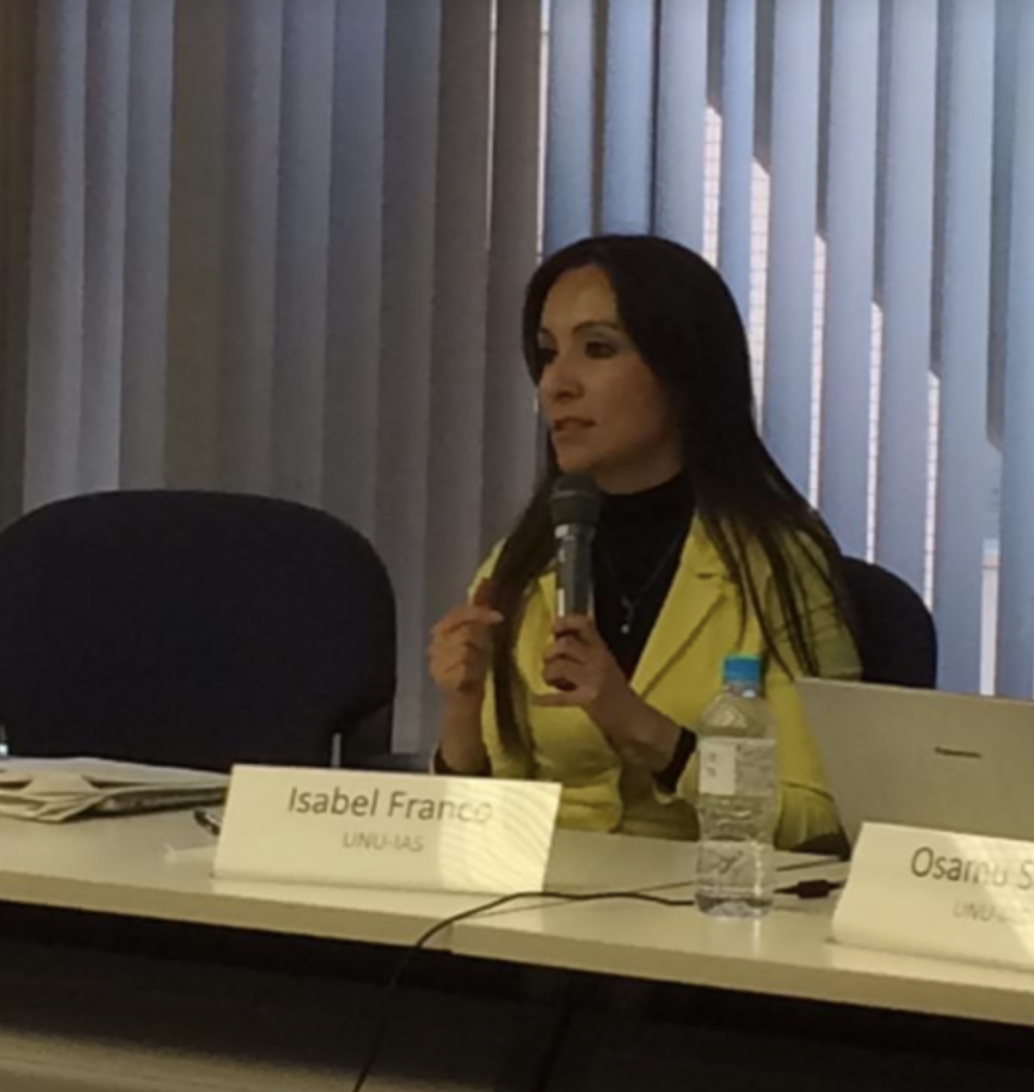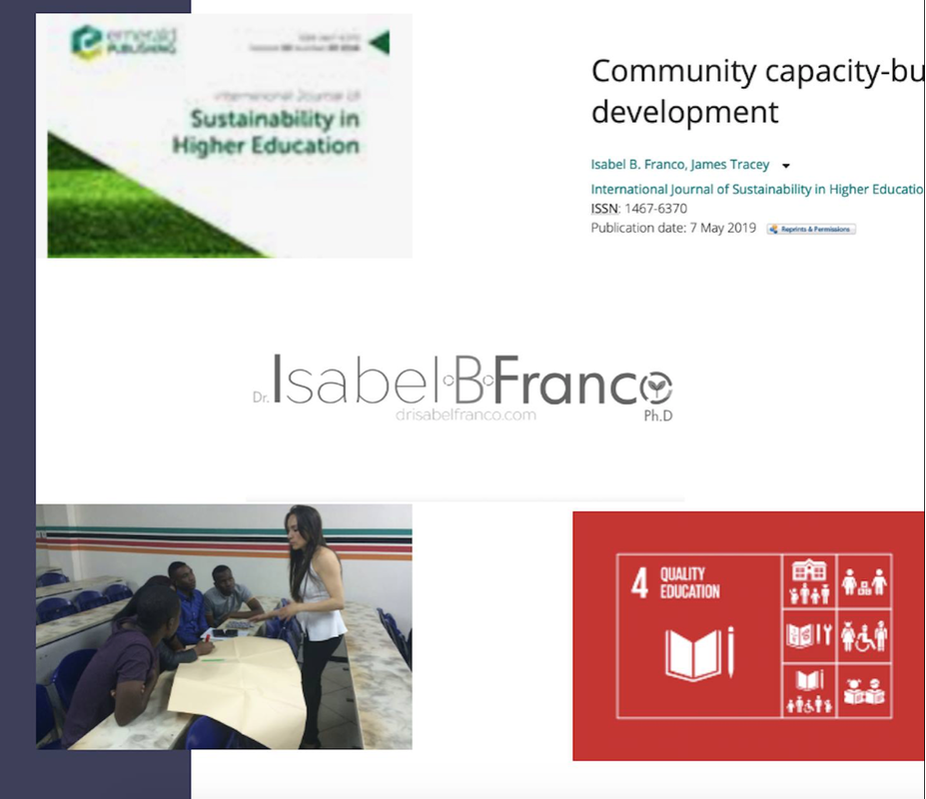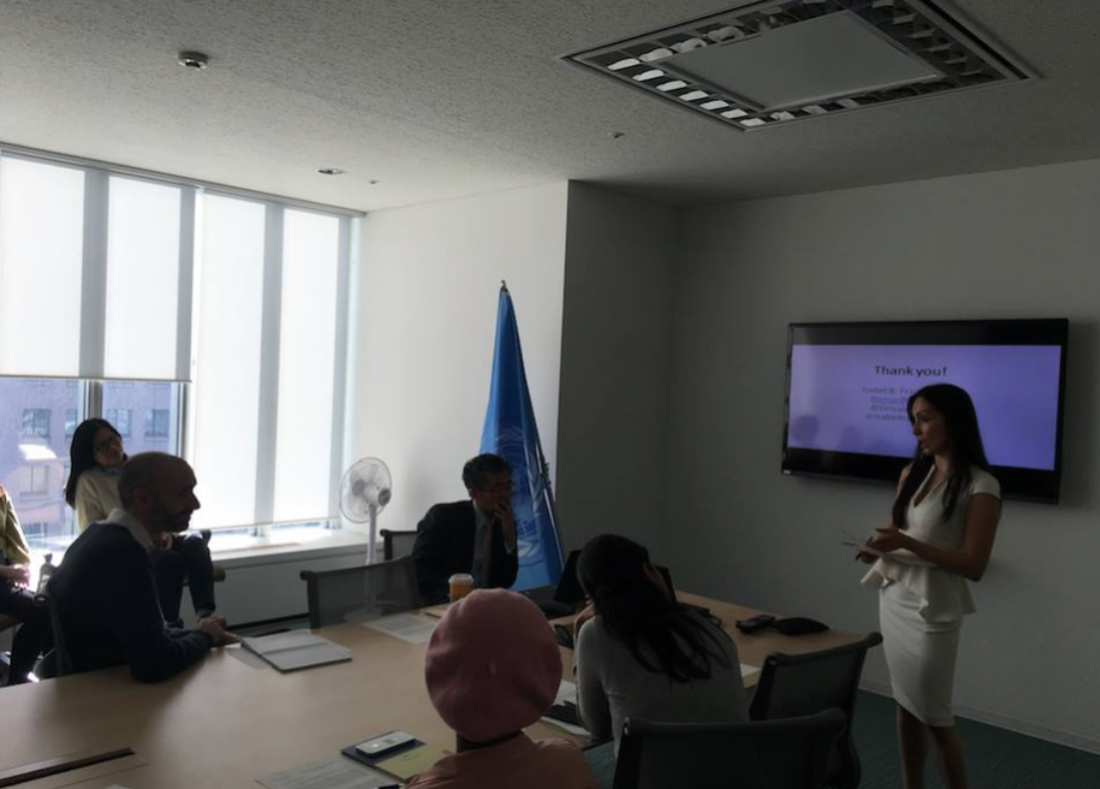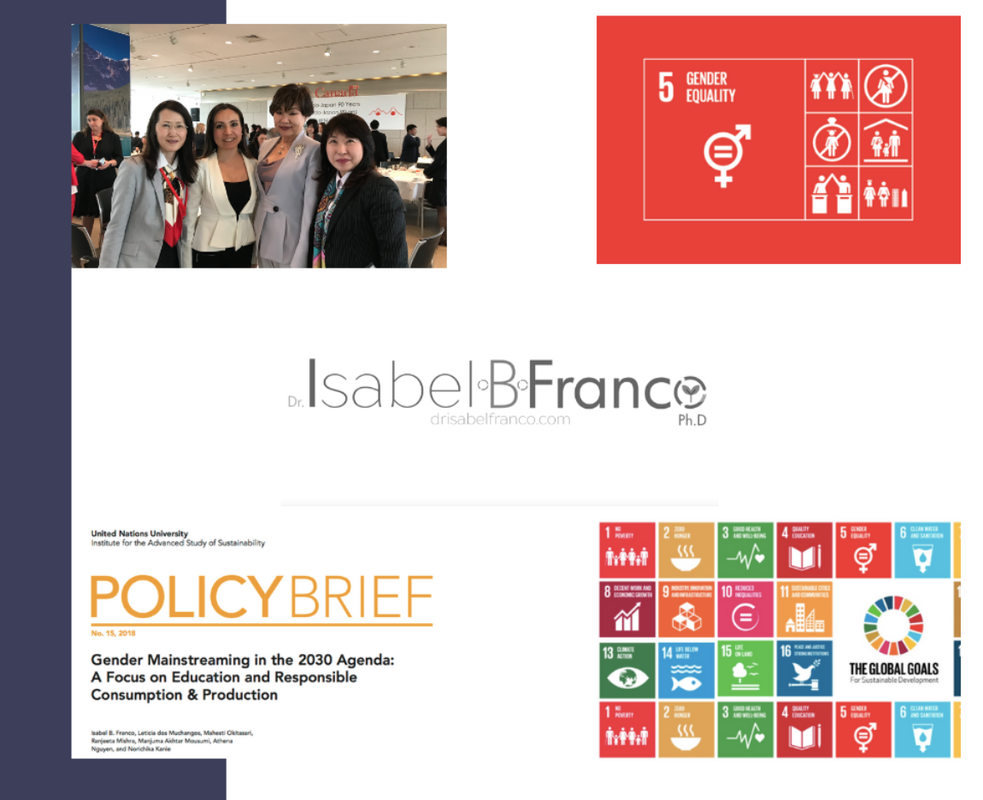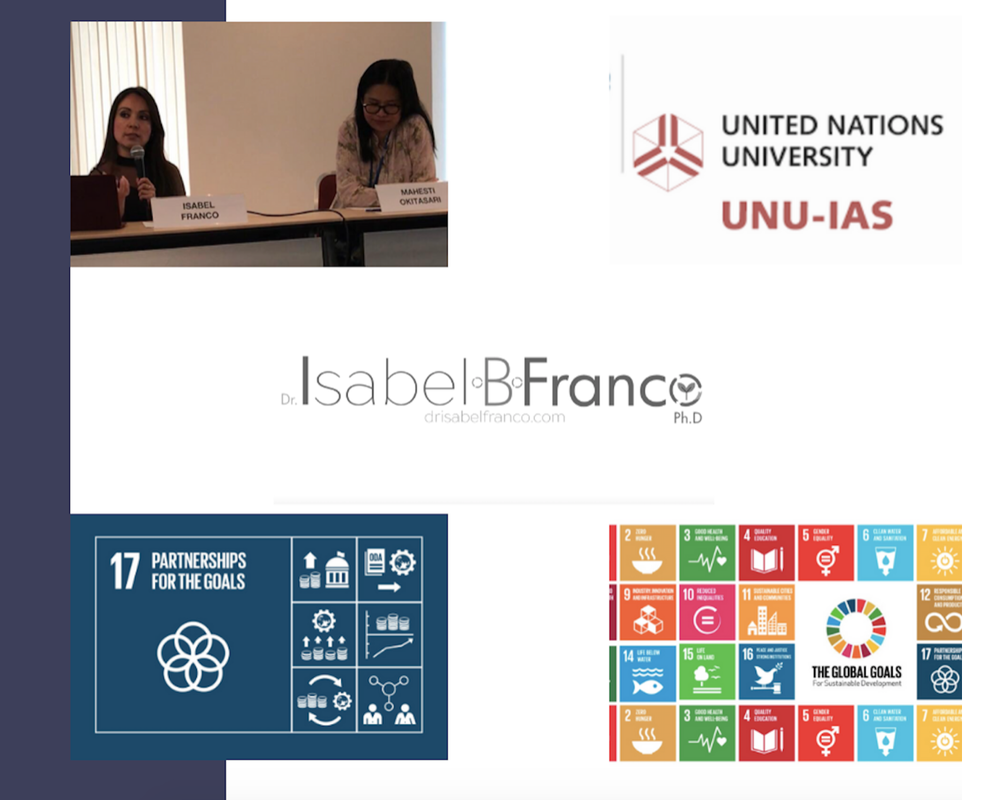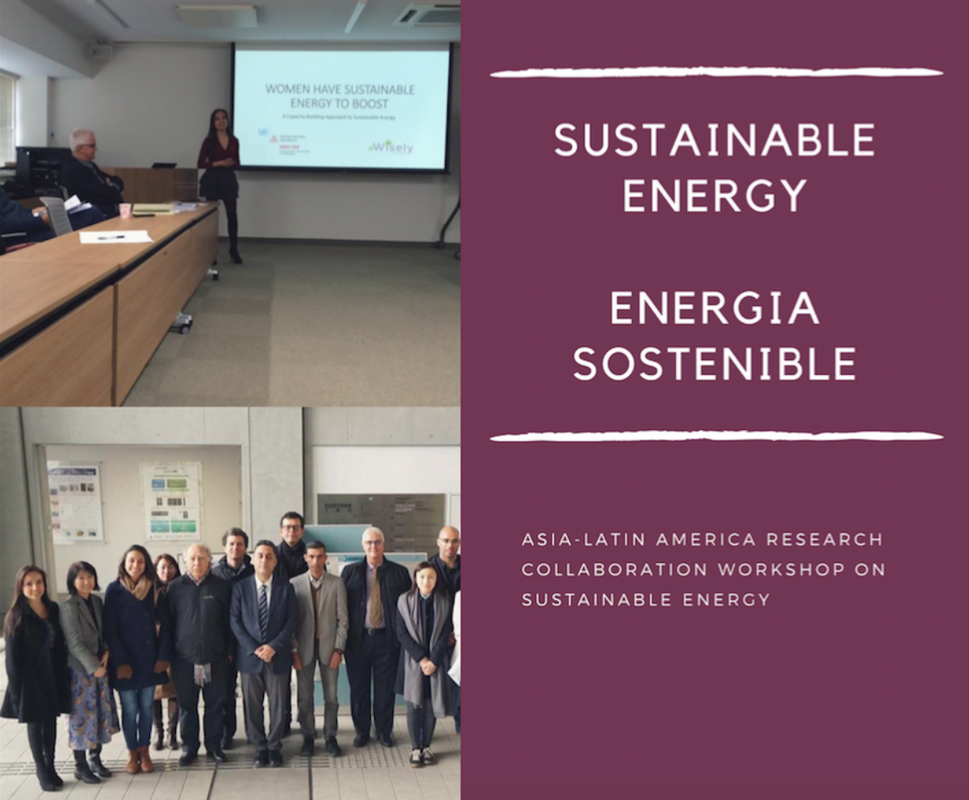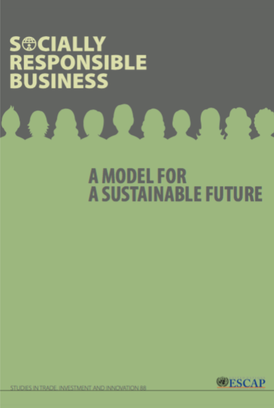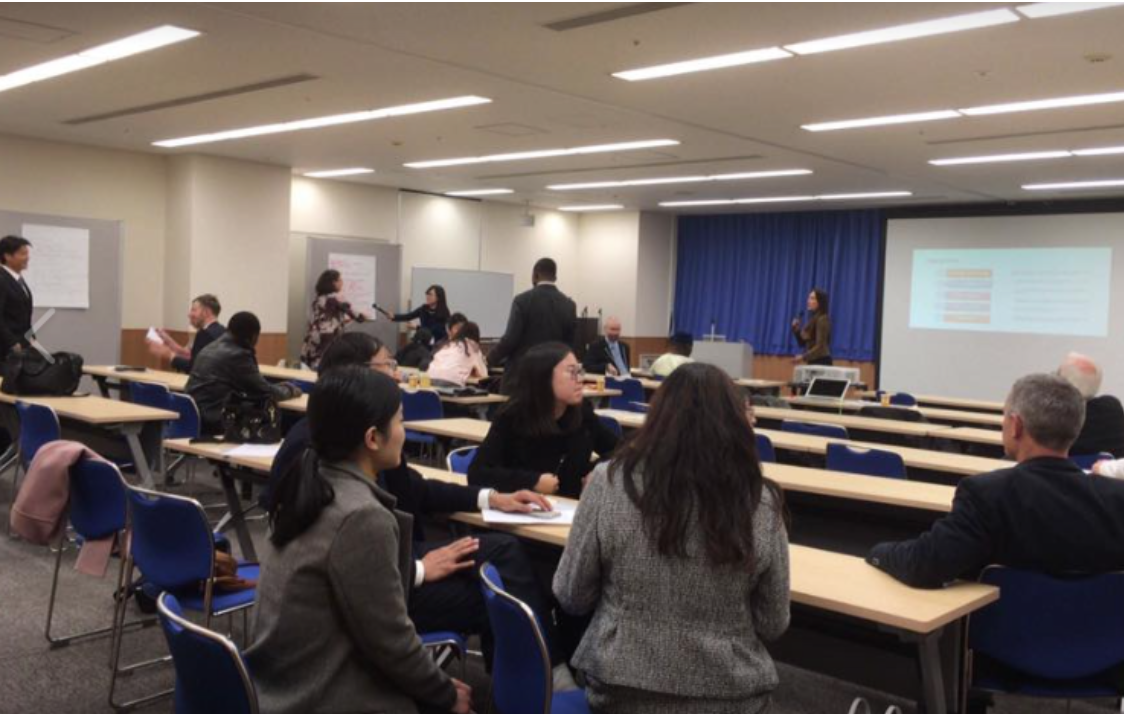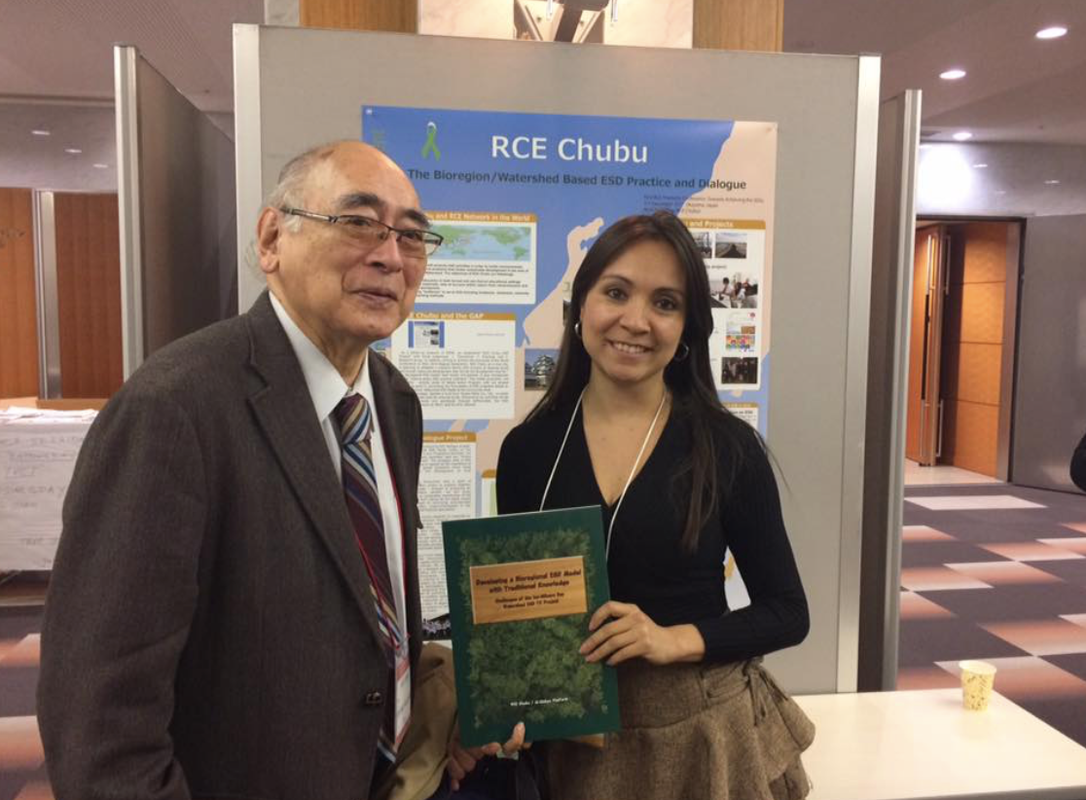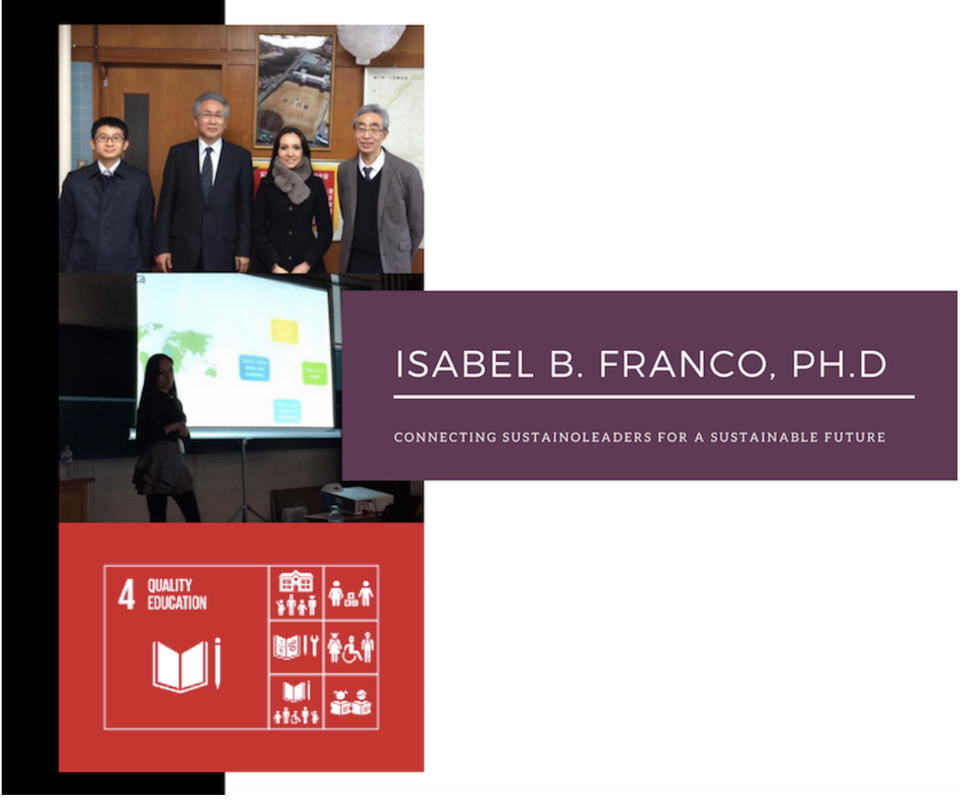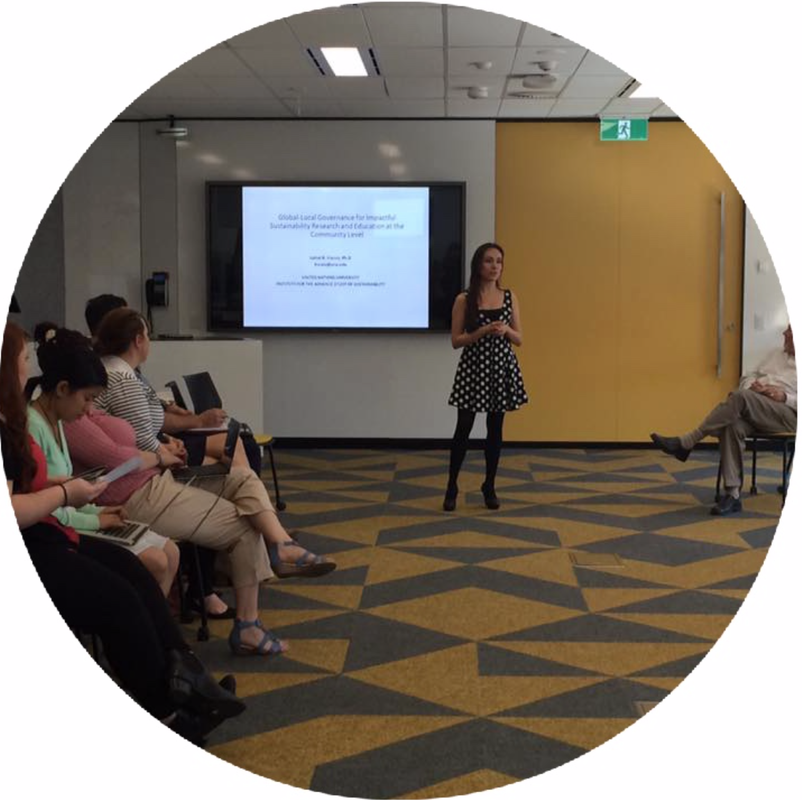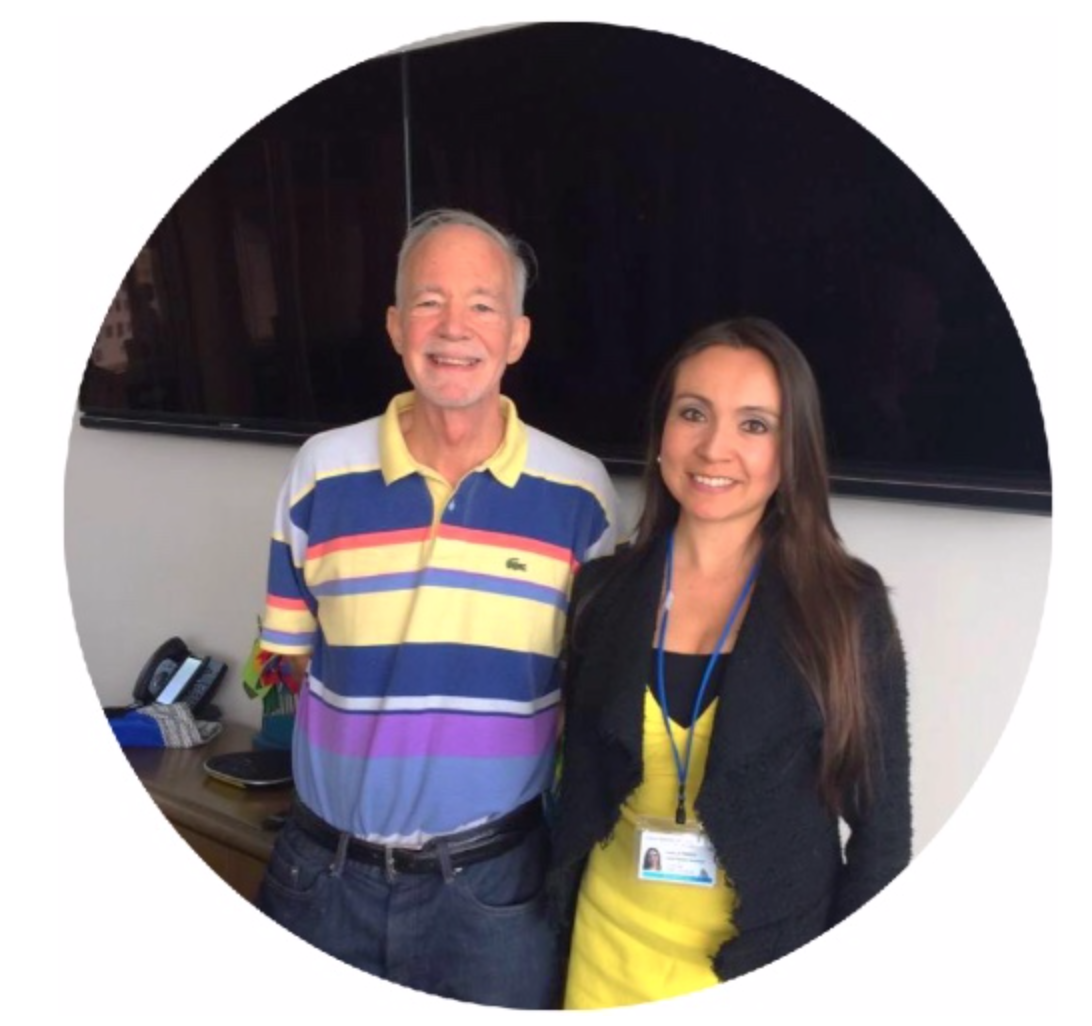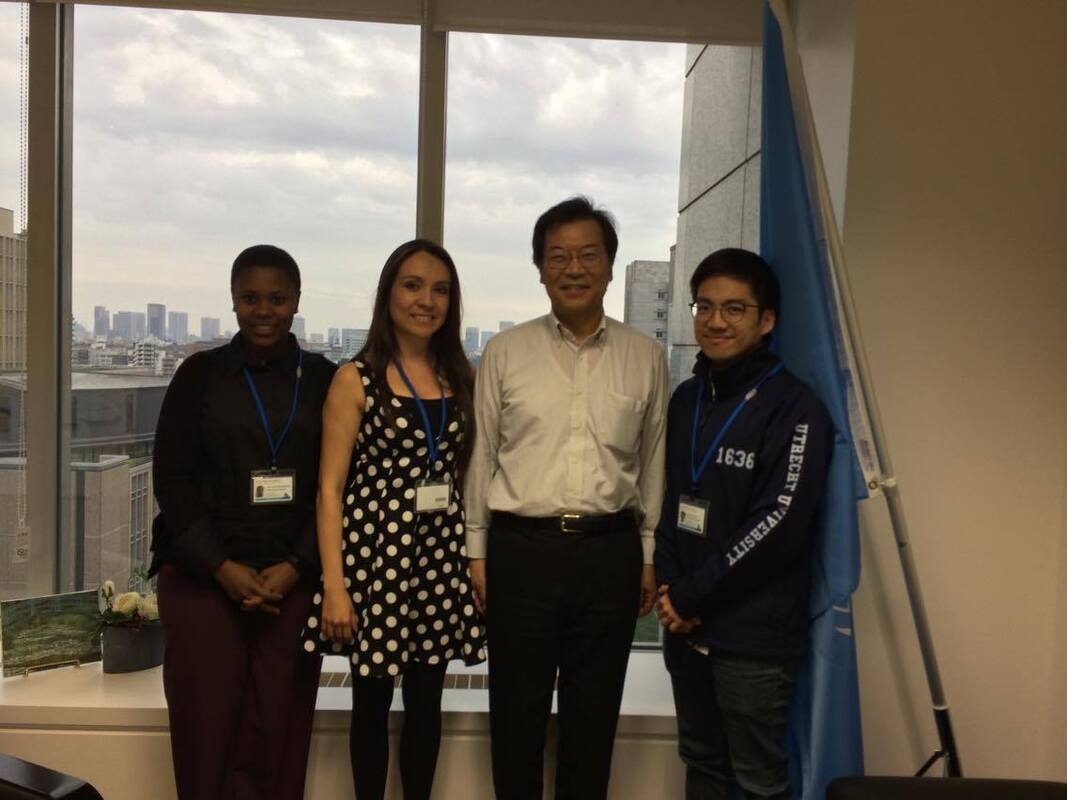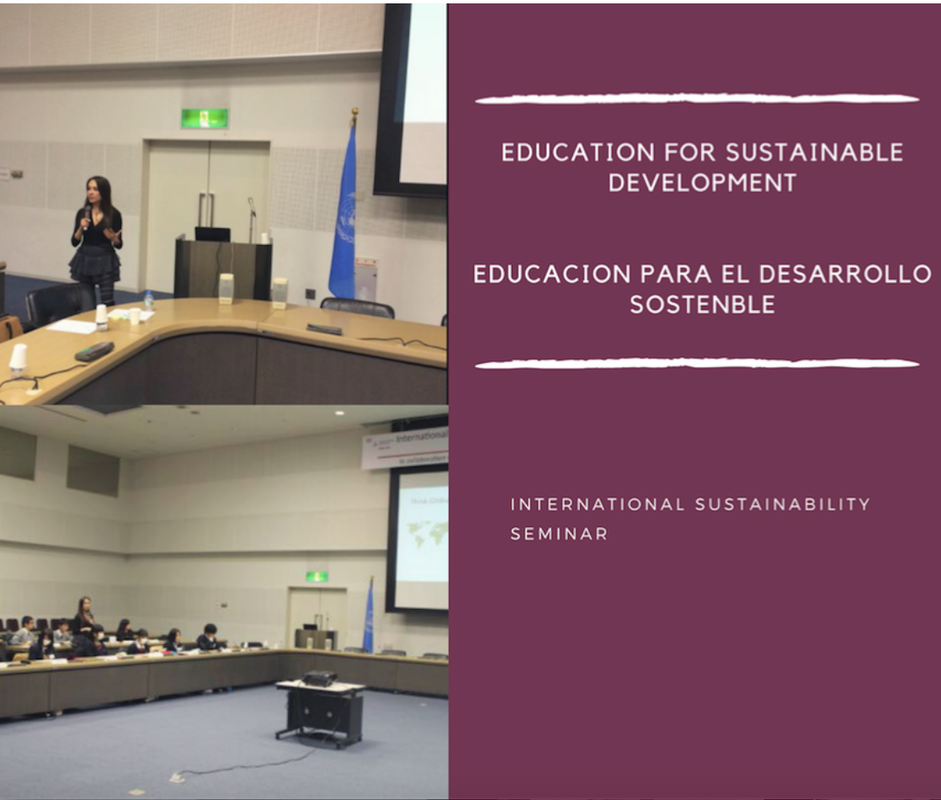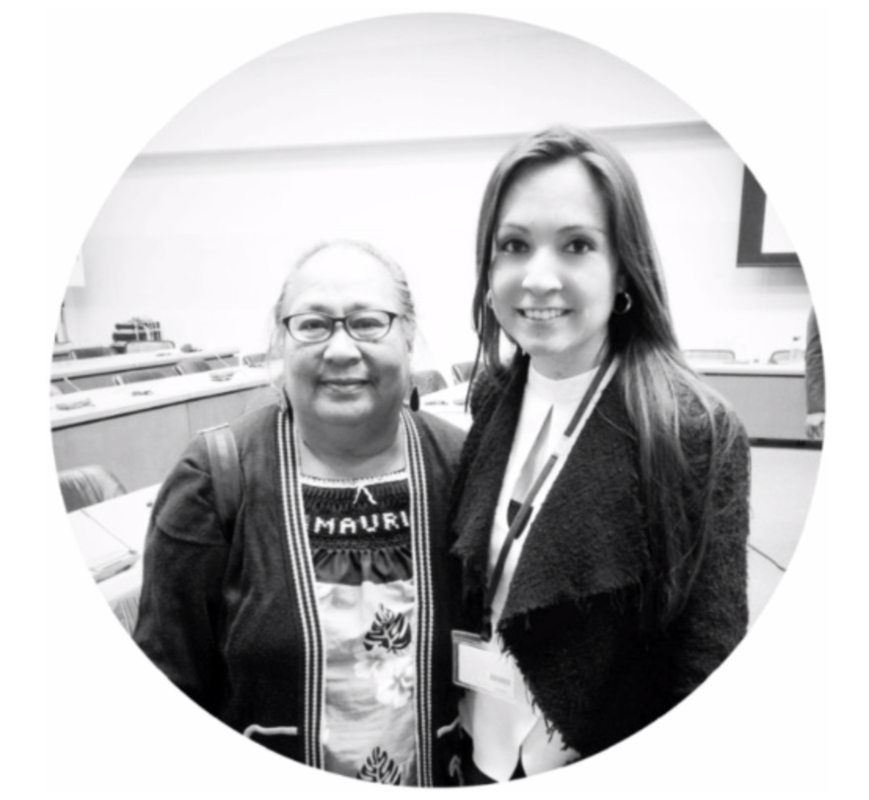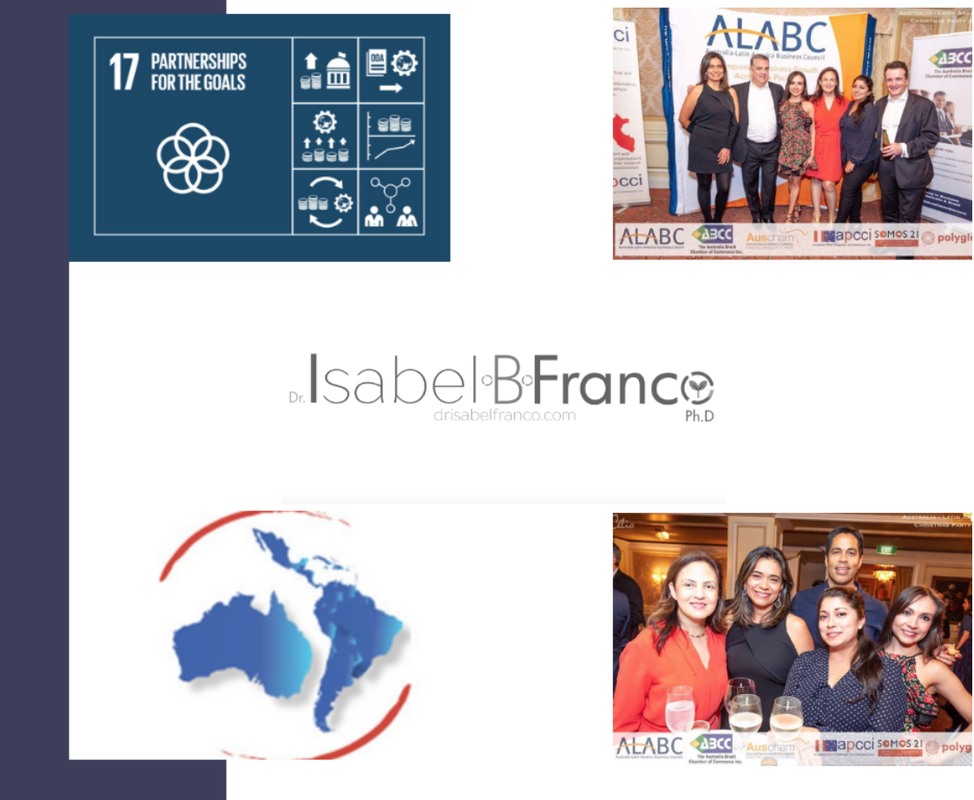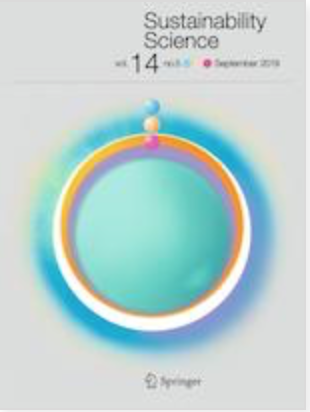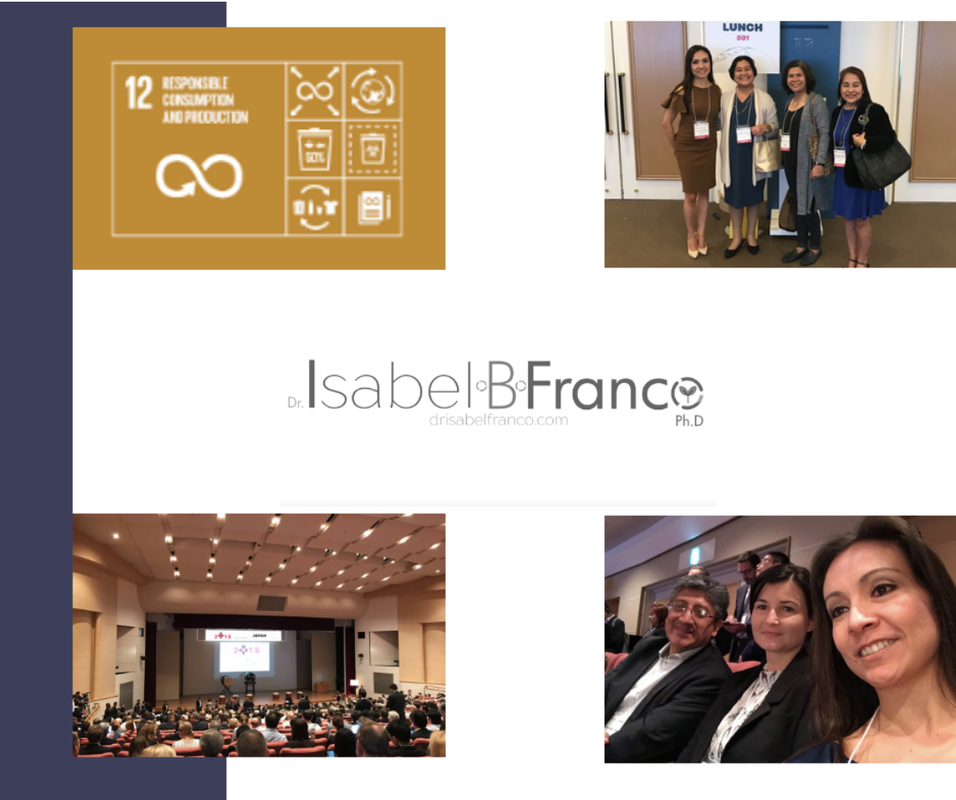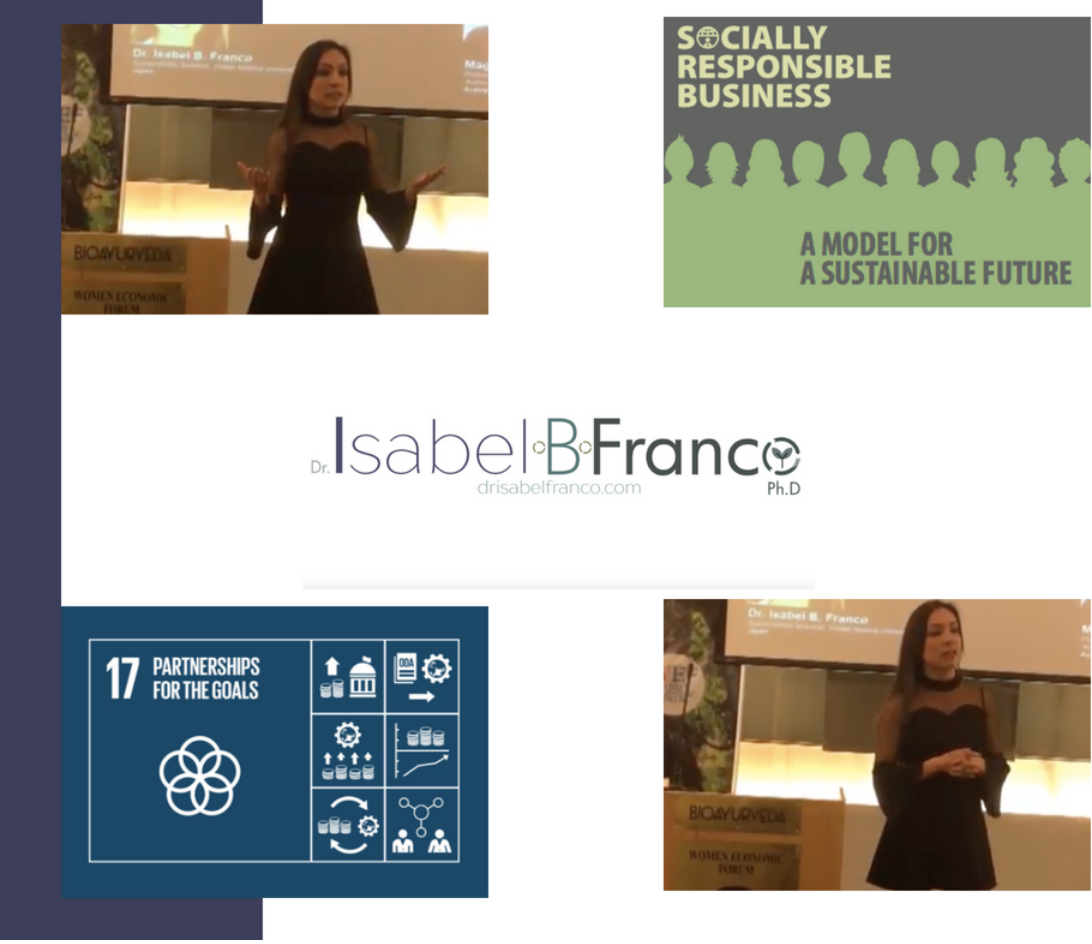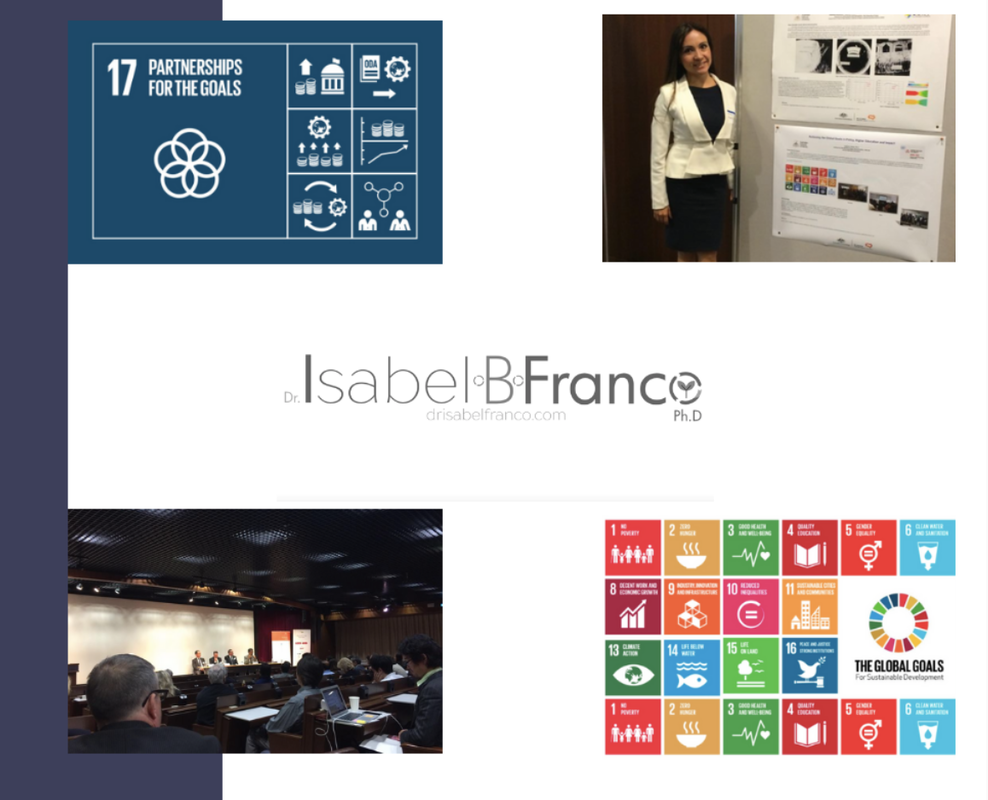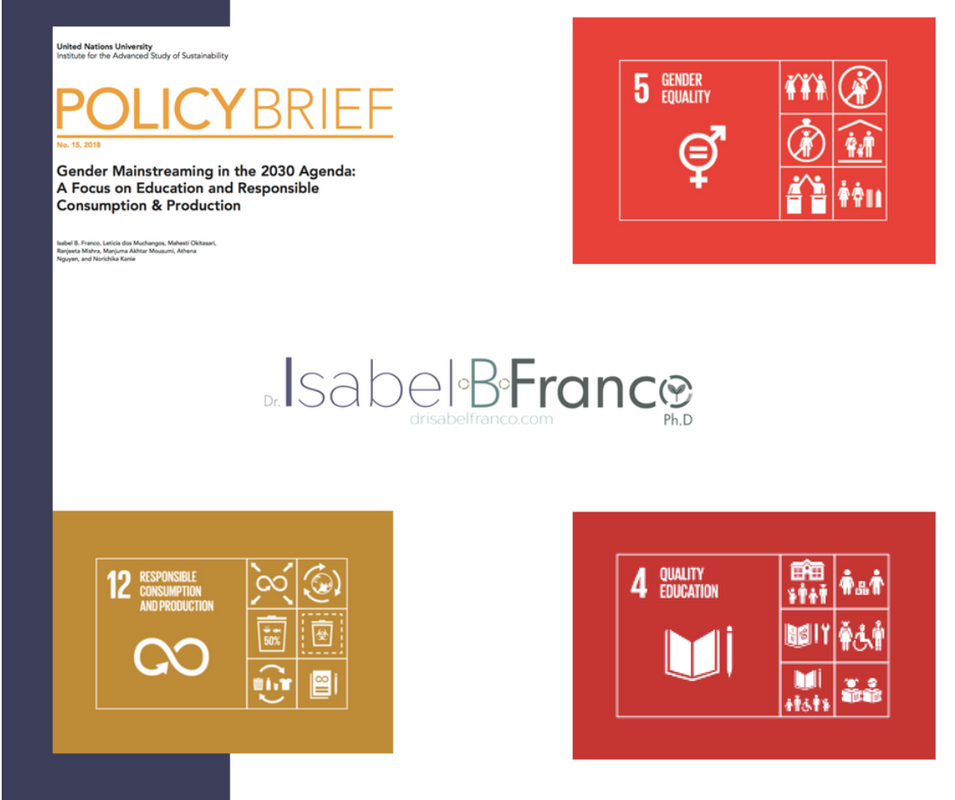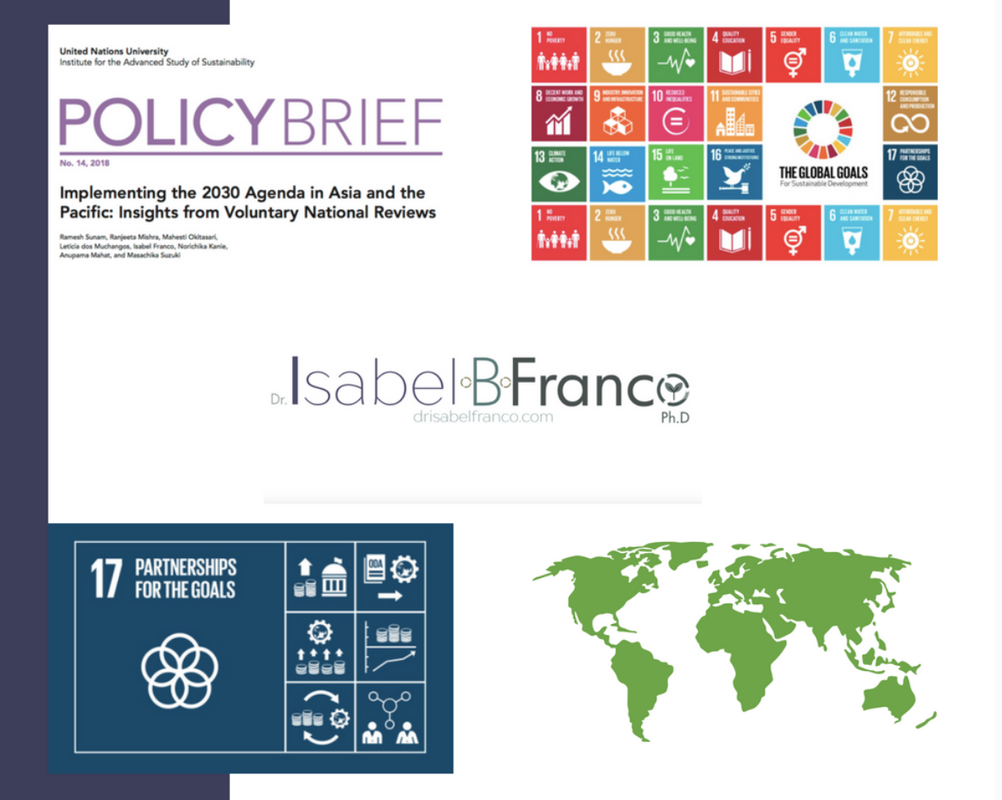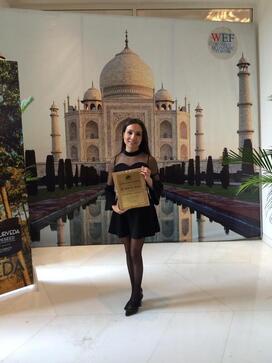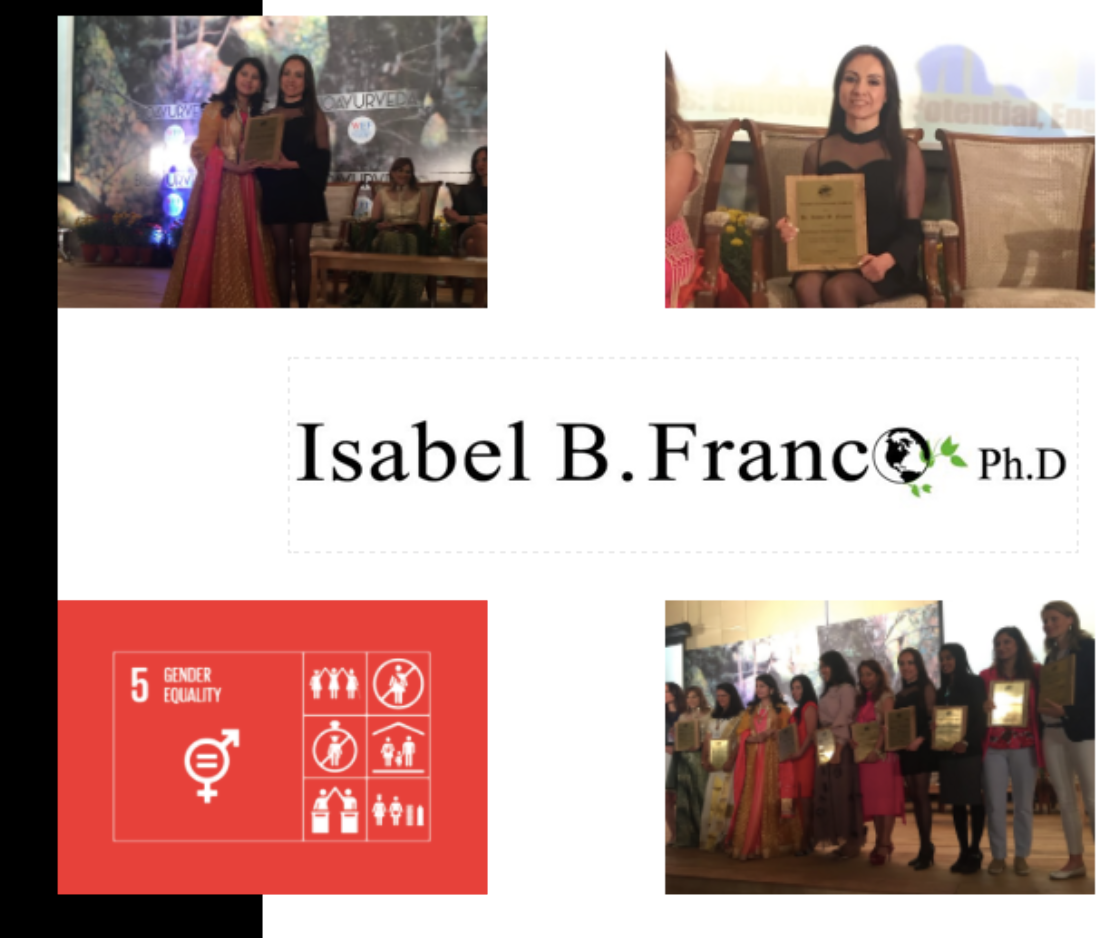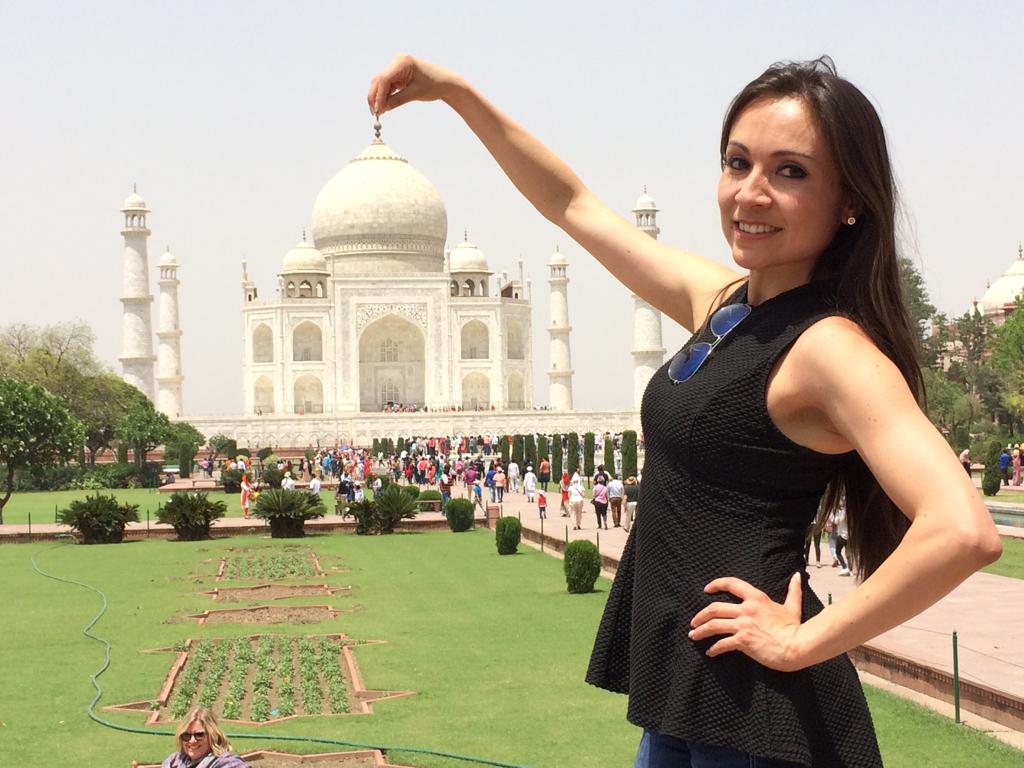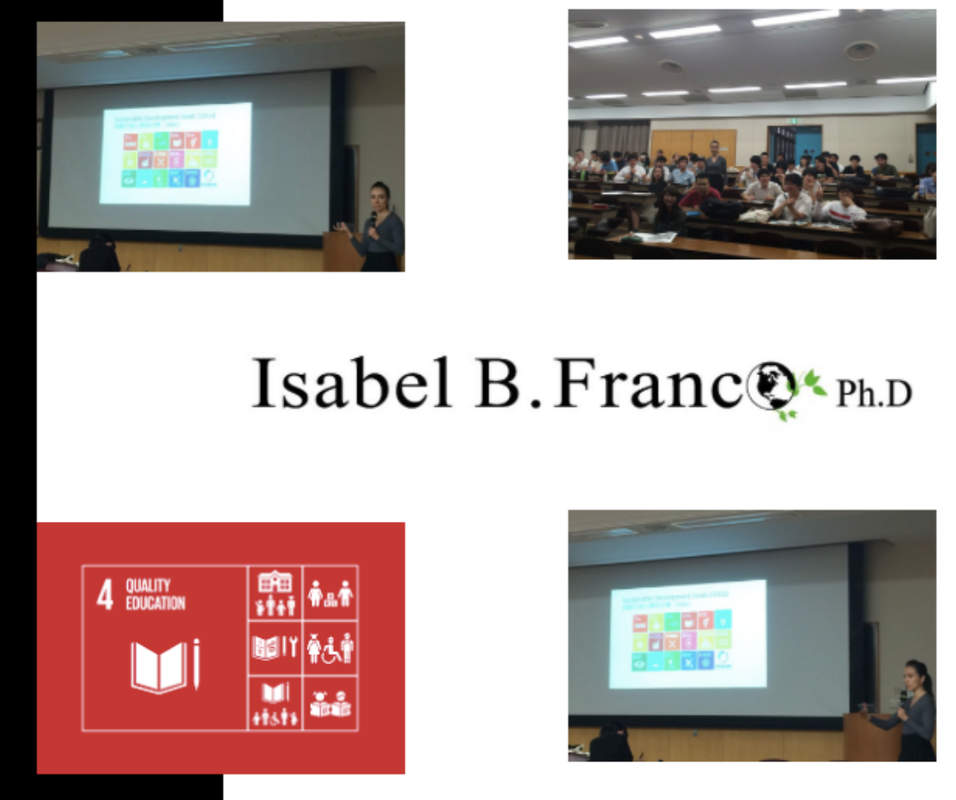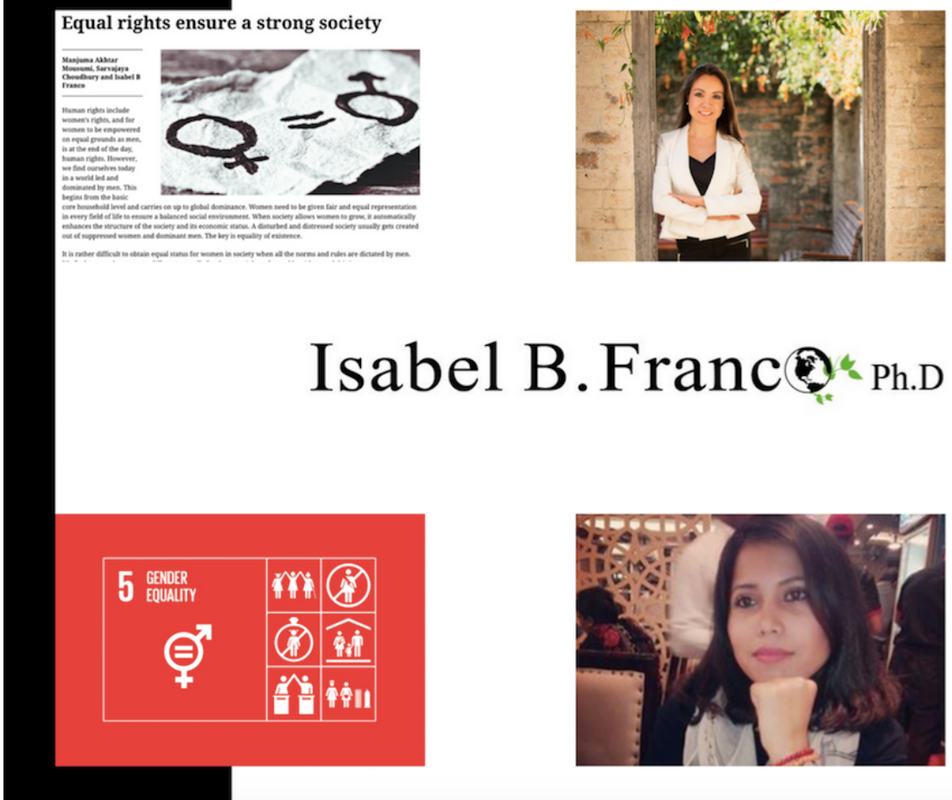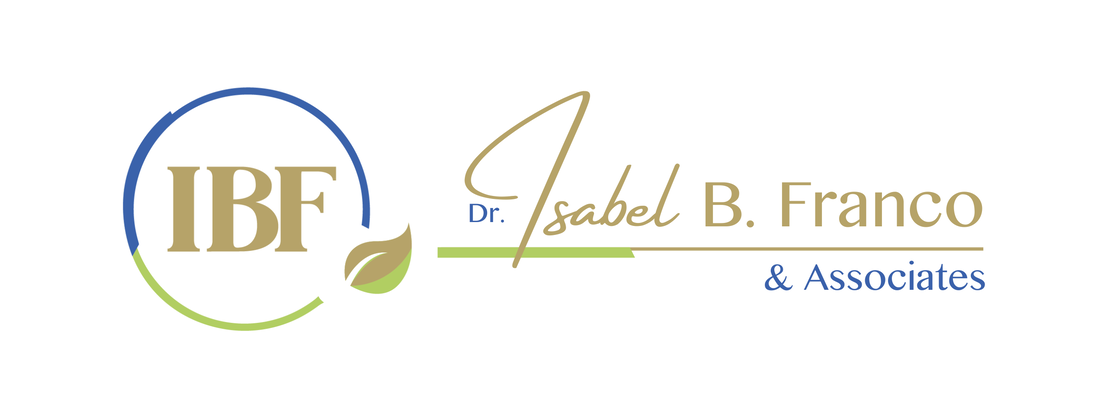In collaboration with partners I deliver capacity-building and training (in-situ and online) across various areas of sustainability science, policy and practice and the Sustainable Development Goals (SDGs). Find some of my past and current engagements on the map and news reports below. Interested in partnering with me? email me at connect@drisabelfranco.com
Editor (Appointment)
|
Impact: I was appointed Editor at the Sustainability Science Scientific Journal. 'Sustainability Science probes interactions between global, social, and human systems, the complex mechanisms that lead to degradation of these systems, and concomitant risks to human well-being. The journal provides a platform for building sustainability science as an evolving academic discipline which can point the way to a sustainable global society by facing challenges that existing disciplines have not addressed. These include endeavors to simultaneously understand phenomena and solve problems, uncertainty and application of the precautionary principle, the co-evolution of knowledge and recognition of problems, and trade-offs between global and local problem solving'.
Participant Stakeholders
Editorial Board - Sustainability Science |
Guest Panellist
|
Impact: I was invited by the United Nations Economic and Social Commission for Asia Pacific (UNESCAP) to participate in the Asia Pacific Conference on Financing Inclusive and Sustainable Development. I featured as a panellist at the regional workshop 'scaling-up climate finance: urgencies to increase public and private sources for climate and and disaster resilient development in the Asia - Pacific Region.
Participant Stakeholders
Editorial Board - Sustainability Science |
Guest Lecturer
|
Impact: I was invited to give a lecture to students enrolled in environmental management-related programs at the Faculty of Science, University of Colombo in Sri Lanka. I discussed emerging approaches to sustainability science and practice and applications to overcoming global sustainability challenges.
Participant Stakeholders
|
National Sustainability Conference
|
Impact: I participated in the in National Sustainability Conference 2020 that took place in Brisbane, Australia. The conference aimed to gather stakeholders (industry, governments, civil society organisations) interested in exploring sustainable solutions for a New Decade. The event was also designed to inform stakeholders on the latest developments, research and insight in economic, environmental and social sustainability. I was given the opportunity to share policy-relevant research outcomes on sustainable business models and the achievement of the SDGs. My presentation was grounded on ongoing work undertaken with colleagues at United Nations ESCAP.
Participant Stakeholders
Sustainable Business Models: Corporate Approaches to Achieve the SDGs |
National Sustainability Conference
|
Impact: I participated in a workshop organised by the Blue Economy Cooperative Research Centre (CRC). The workshop aimed to find solutions to meet global demand for food and energy by bringing together the aquaculture and renewable energy sectors.
Participant Stakeholders
|
LedHers
|
Impact: I was invited to give a talk to female, early career researchers at the LedHers Session at the University of Queensland. Some questions I addressed over the talk were as follows:
- What are you most proud of your career? - What was the most challenging moment of your career? - What is your best piece of advice. for how to confidently branch out into other career pathways? - Why do you think it is important to have more female research leaders in all different industries and organisations? Participant Stakeholders
|
Global Stakeholder Networks for Impactful Sustainability Research and Education
|
Impact: In collaboration with the United Nations University-Institute for the Advanced Study of Sustainability and Keio University, I delivered an academic seminar on the project 'Stakeholder Networks for Impactful Sustainability Research and Education. A research study fully funded by the Japan Society for the Promotion of Science (JSPS). Major findings discussed on the seminar, are as follows:
1. Findings show that participant stakeholders globally perceived the SDGs listed below as existing gaps and therefore areas that required major attention.
Participant Stakeholders and Investors:
|
Exceptional Women in Sustainability Forum
|
Impact: What role do women play in sustainability? How are women represented, and what barriers do they face in disruptive industries and challenging environments?
What is the link between industry and socio-environmental sustainability issues? What challenges do women entrepreneurs in sustainability face and what are the implications on their livelihoods? These were some of the questions addressed in the forum. An interdisciplinary event for discussion on case studies, impact research and entrepreneurial endeavours concerning women, sustainability, leadership and SDGs. Participant Stakeholders and Investors:
eWisely Forum Japan |
Sustainable and Inclusive System Model for Educational Improvement" Symposium
|
Impact: Lessons to be learned:
a) The international community should pay nuanced attention and mobilise resources to improve quality education for all, disabled children, girls, ethnic and language minorities and poor childrenb) The education sector needs to further push boundaries to achieve the SDGs and create impact at the local level c) Multi-stakeholder collaboration for sustainable education is key, particularly in disadvantaged contexts in Asia and Africa Stakeholders and Collaborators:
|
Community Capacity-building for Sustainable Development
|
Impact: I am pleased to announce that our latest scientific outputs have been published in the International Journal of Sustainability in Higher Education. In collaboration with the University of New South Wales our investigation found that improving identified CSD priority areas, aligned with the Sustainable Development Goals seems to be the most effective strategy to enhance the ability of local communities to overcome sustainability challenges over time. SDGs 9, 4, 15, 16, 17 and 8 were identified as the areas of greatest significance for practical CSD.
Participant Stakeholders and Investors:
https://www.emerald.com/…/10.1…/IJSHE-02-2019-0052/full/html |
Global Stakeholder Networks for Impactful Research and Education for Sustainable Development
|
Impact: I shared research findings in the field of Education for Sustainable Development. The reserach projects titles: "Global Stakeholder Networks for Impactful Research and Education for Sustainable Development" Findings were well received by colleagues at the United Nations University.
Some lessons to be learned by higher education institutions and their stakeholders, are as follows:1. SDG 10: Reduced Inequalities is becoming a major trend in education for sustainable development globally. 2. SDG 4: Quality Education is percieved as an impactful area in education for sustainable development. 3. Governance issues and limited resources in the global south remain critical issues and need to be addressed through international cooperation and knowledge transfer. 4. Mobilising resources to address the above mentioned issues and stronger partnerships (SDG: 17 Partnerships for the goals) can promote inclusive and impactful education and research for sustainable development. Stakeholders and Collaborators: UNU - United Nations University - Institutte for the Advanced Study of Sustainability. |
Women in the C-Suite
|
Impact: The first Canadian Women’s Mission was in Japan this week. Women in politics, scientists, entrepreneurs and corporate executives got together to discuss investment opportunities to foster the participation of women in the C-Suite, in both regions. Participants agreed that the areas that need major attention in the achievement of SDG 5 Gender Equality in both countries, are as follows:
Participant Stakeholders and Investors:
|
Sustainability Symposium
|
Impact: The Sustainability Research Symposium took place in Tokyo Japan and aimed to showcase impact research in alignment with the sustainable development goals (SDGs) and conducted at the United Nations University. Alongside with UNU-IAS colleagues, I was invited to participate in the panel session to discuss various issues on sustainability science, policy and practice, at the global and local levels of governance.
Click here to watch the TV Show on the Discussion Panel. Participant Stakeholders and Collaborators - United Nations University - Institute for the Advanced Study of Sustainability |
UN Sustainability Leadership Seminar
|
Topic: Think Local, Lead Global: Sustainability Leadership Seminar
Impact: Early this month I connected with young leaders in Tokyo, Japan at the International Seminar Series on sustainability, organized by the United Nations University – Institute for the Advanced Study of Sustainability. Our Common Future is their future. Let’s be consistent and ‘meet the needs of the present without compromising the ability of future generations to meet their own needs." (Brundtland Report, 1987). In this TV show young leaders give us a lesson on SDGs interlinkages in Japan. Participant Stakeholders and Collaborators - United Nations University - Institute for the Advanced Study of Sustainability |
Asia-Latin America Research Collaboration on Sustainable Energy: Women Have Sustainable Energy to Boost
|
Impact: Alongside sustainability scientists from Latin America and Asia, I was invited as a speaker at the Asia-Latin America Research Collaboration workshop on sustainable energy that took place at Kyoto University. I presented my work "Women have Sustainable Energy to Boost: An Approach to Energy Consumption. The study shows that more attention is needed in priority areas, as follows:
- Gender aspects of sustainable energy need to be taken seriously - Unresolved governance issues in the transition from fossil fuels to renewables - Fostering sustainable lifestyles Stakeholders and Collaborators:
|
Meeting with the Ambassador of Pakistan to Japan
|
Impact: Mrs and Mr. Anam Ambassador of Pakistan to Japan opened the doors of their home at the Embassy of Pakistan to Japan to host an informal gathering to discuss issues concerning about women, diplomacy and the role of the Pakistani Embassy in Japan. Was honoured to have shared some thoughts on sustainability issues and connections with Japan and Pakistan.
Participant Stakeholders and Investors:
|
How to Action the SDGs?
|
Impact: In a lesson I gave to Doctorate and Master Sustainability Students at the United Nations University, I conducted an activity to demonstrate that actioning SDGs depends on the context in which we operate. I recommend you to watch the video to the end to find out more about current SDGs trends in Asia-Pacific, Africa and the Americas. SDGs trends and gaps are linked to the context. This applies to all sectors: industry, government, universities, NGOs, among others.
Participant Stakeholders and Investors:
|
Socially Responsible Business: A Model for a Sustainable Future
|
Impact: I am delighted to present our latest book 'Socially Responsible Business: A Model for a Sustainable Future'. The book co-author in collaboration with Dr. Abe and our supportive reserach team was recently published by the United Nations ESCAP. This book identifies priority areas for socially responsible business and recommends stakeholders on ways to address pressing corporate sustainability challenges to meet the 2030 Agenda for Sustainable Development.
The book draws recommendations for private and public stakeholders. Boosting capacity in the areas listed below can assist stakeholders in operating sustainably and in alignment with long-term economic, social and environmental objectives at the global and local levels: - Fostering SRB · Corporate governance · Multi-stakeholder engagement · Corporate disclosure · Corporate sustainability · International cooperation · Voluntary guidelines and benchmarking The book can be downloaded from: Abe, M & Franco, I (2017). Socially Responsible Business: For A Sustainable Future. Bangkok: United Nations Economic and Social Commission for Asia and The Pacific Participant Stakeholders and Collaborators:
|
Socially Responsible Business: A Model for a Sustainable Future
|
Impact: I recently delivered the consultation workshop ' From Climate Education to Action'. The workshop took place at the first Thematic Conference on Education for Sustainable Development: Achieving the Global Goals, organised by the United Nations: Institute for the Advanced Study of Sustainability. Participants agree that the stakeholders should join efforts and create an impact on the following areas:
- Commitment to the youth -ICT and innovation for sustainable lifestyles - Collaboration between parties to achieve the Sustainable development Goals. - Good Governance for the implementation of the Sustainable Development Goals in Higher Education. Participant Stakeholders and Collaborators:
|
Education for Sustainable Development: A Traditional Knowledge Perspective
|
Impact: I had the opportunity to meet a former Director of the United Nations University - Institute for the Advanced Study of Sustainability during the launch of his book 'Bioregional Education for Sustainable Development: A Traditional Knowledge Model on Education for Sustainable Development'. Some lessons learned from the book, as follows:
|
Prof. Takeuchi Kazuhiko
|
Impact: I was privilege to meet Prof. Takeuchi, Editor-in-Chief at Sustainability Science Journal. Prof. Takeuchi is also President at IGES with a broad interest in sustainability issues in African countries.
Participant Stakeholders and Collaborators:
|
Appointment United Nations University, Institute for the Advanced Study of Sustainability
|
Impact: I was appointed policy researcher in sustainability to the United Nations University - Institute for the Advanced Study of Sustainability to lead the project 'Global Stakeholder Networks for Impact Sustainability Research and Education'. This is a two year-project aimed to explore the impact of sustainability programs in curriculum, policy and practice globally. The project was funded for by the Japan Society for Promotion of Science (JSPS) postdoctoral fellowship.
Participant Stakeholders and Investors:
|
Education for Sustainable Development
|
Impact: I delivered a lecture for young learners to create sustainable change and achieve #SDG4 Quality Education and interlinkages with other SDGs, such as #SDG5 Gender Equality. The lecture focused on global trends on education for sustainable development. Watch my TV show with the lecture here.
Participant Stakeholders and Investors:
|
Education and research for Sustainable Development in Australia
|
Impact: I conducted fieldwork in Sydney, Australia to explore stakeholders' perceptions on ' Education and Research for Sustainable Development'. Participants agreed that involved stakeholders require greater knowledge on traditional knowledge and youth empowerment on education for sustainable development.
Participant Stakeholders and Collaborators
|
Meeting Prof. David Malone, Rector at the United Nations University - Institute for the Advanced Study of Sustainability
|
Impact: After joining the United Nations University, I had the opportunity to connect and share with Dr. Malone, Rector at the United Nations University - Institute for the Advanced Study of Sustainability (UNU). Dr. Malone, welcome researchers who had recently joined UNU. We researchers participated in a vibrant discussion on existing challenges on impact sustainability and the sustainable development goals. Some lessons learned, as follows:
Participant Stakeholders and Collaborators
|
Meeting Prof. Takemoto, Director at the United Nations University - Institute for the Advanced Study of Sustainability
|
Impact: After joining the United Nations University, I also had the privilege to connect and engage in research collaboration with Dr. Takemoto, Director at the United Nations University - Institute for the Advanced Study of Sustainability (UNU). Find out more about our research collaboration 'Higher Education for Sustainable Development' published in Sustainability Science here.
Participant Stakeholders and Collaborators
|
Education for Sustainable Development in Ibaraki, Japan
|
Impact: I delivered a lecture for young, Japanese learners on how to create sustainable change and achieve #SDG4 Quality Education. The lecture 'Think global, lead local for sustainable development', was delivered at the International Seminar Series in Sustainability.
Stakeholders and Collaborators:
|
Interview with a woman leader in Kiribati, a Pacific Island severely impacted by climate change.
|
Impact: Interview with a woman leader from Kurabati, an island severely impacted by climate change. The interview is part of a visual ethnography about exceptional women in sustainability across the world. Over the interview, the interviewee indicated that major investment is required on education for sustainable development, so that women and girls can face the impacts of climate change.
Participant Stakeholders and Collaborators
|
The day I became Australian Citizen and SDG 10 Reduced Inequalities
|
Impact: I arrived in Australia a few years ago with a bag full of dreams... it has been a wonderful journey full of dreams come true and lessons learned. I feel honoured to be part of a country that welcomes diversity and gives you the opportunity to shine if you are willing to work for it. Hard work has certainly paid off and today I embrace my Australian Citizenship with gratitude, humbleness and pride. I am pleased to announced I was conferred my Australian Citizenship yesterday at the Citizenship Ceremony led by Lord Mayor of Brisbane Graham Quirk. Thanks to all of you who have been part of this amazing journey! I am very proud to be Australian-Colombian - a global citizen. Let's advocate for SDG 10 Reduced Inequalities, so that others can benefit from what the world has to offer!
Participant Stakeholders and Investors:
|
TV Show: Exceptional Women in Sustainability
|
Impact: Exceptional Women in Sustainability - eWisely Nepal (Interpretado en Espanol)
Thank you Jyoti Sedhain for your contribution! Hopefully more women in sustainability take the lead to tackle pressing sustainability issues (e.g.climate change, community forestry etc) impacting on women and surrounding communities in Nepal and across the world. In this episode the leader for eWisely Nepal shares latest research finding on gender aspects of climate change and community forestry in Nepal. Participant Stakeholders and Investors:
|
TV Show: Exceptional Women in Sustainability
|
Impact: Exceptional Women in Sustainability - eWisely Nepal (Interpretado en Espanol)
Anuska Joshi, one of our leaders at eWisely Nepal shares some insights about her research on SDG 13 Climate Change and community groups in Nepal. We also take this opportunity to announce the beginning of the connector eWisely Nepal. Participant Stakeholders and Investors:
|
Australia-Lain America Business Council
|
Impact: I feel proud to have become a connector of two worlds: Australia and Latin America. I still recall the time when I became Latin American Student Ambassador to Australia...I was one of the a few latinas being awarded a PhD scholarship in Australia at that time. This month (and a few years later) I reconnected with business leaders from both regions. These exceptional leaders have managed to foster sustainable business and connections between two apparently dissimilar cultures. Thanks to Australia Latin-America Business Council (ALABC) for making this regional connection possible.
Participant Stakeholders: Australia-Latin America Business Council (ALABC), ABCC, AUSCHAM, Australia-Latin America Business Community |
'Higher Education for Sustainable Development: Actioning the Global Goals in Policy, Curriculum and Practice'
|
Impact: We are pleased to share the publicaton of the study 'Higher Education for Sustainable Development: Actioning the Global Goals in Policy, Curriculum and Practice'
The study shows that Higher Education for Sustainable Development (HEfSD) is being significantly shaped by the global sustainability agenda. Higher education and its stakeholders more than ever experience complexities to implement global policy and create local impact. This predicament does not only champion the global sustainability rethoric but also exacerbates the complexities between human and environmental interactions at the local level. Research findings suggest that the advancement of HEfSD depends largely on a better understanding of existing HEfSD policy and impact both, in the scholarship and the practicality. Thus, the major contribution of this study is the identification of current HEfSD trends and priority areas for HEfSD impact in alignment with the Sustainable Development Goals (SDGs). This attempt to translate HEfSD policy into impact will hopefully guide higher education and its stakeholders in HEfSD implementation and provide scholars, higher education leaders, government policy makers and civil society organizations with some conceptual and practical tools to consider strategically how global HEfSD policy can be successfully implemented at the local level. The study can be downloaded in the link below:Franco, I; Saito, O; Vaughter, P; Whereat, J; Kanie, N; Takemoto, K (2018). Higher Education for Sustainable Development: Actioning the Global Goals in Policy, Curriculum and Practice. Sustainability Science. 1-22. Participant Stakeholders: United Nations University - Institute for the Advanced Study of Sustainability University of Western Sydney University of Zambia University of Okayama |
World Circular Economy Forum
|
Impact: I had the opportunity to be part of the World Circular Economy Forum, co-organised by selected international partners in Yokohama (Greater Tokyo Area), Japan. The WCEF2018 focused on building the future visions for the circular economy. Topics that were discussed include economic benefits and social equity of the circular economy, energy and climate solutions for a circular economy, global value chains and circular trade, as well as shared mobility and circular solutions for reducing marine plastic waste. Women in Sustainability across the globe participated actively in the event.
Participant Stakeholders: Finnish Innovation Fund SITRA and MInistry of Environment of Japan |
How can we build lasting collaboration that places women at the centre of sustainability agendas?
|
Impact: How can we build lasting collaboration that places women at the centre of sustainability agendas? I gave a lecture at the Women Economic Forum on how multiple stakeholders coming from various sectors can engage in socially responsible business practices to foster partnerships and drive gender equality. Selcted cases and best practices were highlighted in this lecture. Watch video below.
Video: How can we build partnerships for gender equality? Participant Stakeholders: United Nations University - Institute for the Advanced Study of Sustainability Women Economic Forum Exceptional Women in Sustainability |
Australia-Japan Diplomacy Research Forum
|
Impact: I was given the opportunity to present latest research findings on Japan-Australia Diplomacy Research Forum. The Forum brings together researchers, the public sector and the business community to provide updates on a range of global issues that require public policy responses and scientific collaboration. It also provides better informed policy and innovative solutions. Those areas include, among other topics, energy policy, climate change and the environment, ageing and public health as well as key areas to foster Australia-Japan impact industry-research collaboration.
Participant Stakeholders: Australia National University University of Tokyo Rio Tinto |
Gender Mainstreaming in the 2030 Agenda: A Focus on Education and Responsible Consumption & Production
|
Impact: A major achievement was the publication of the UNU-IAS Policy Brief that explores the gender mainstreaming needed to achieve the Sustainable Development Goals, with a specific emphasis on education (SDG 4) and responsible consumption and production (SDG 12).
'The policy brief titled Gender Mainstreaming in the 2030 Agenda: A Focus on Education and Responsible Consumption & Production was co-authored by UNU-IAS researchers Isabel Franco, Leticia dos Muchangos, Mahesti Okitasari, Ranjeeta Mishra, and Norichika Kanie, along with three external collaborators. It delves into the differing yet intersecting challenges across the SDGs to realizing SDG 5 (gender equality) and offers guidance on a way forward'. The policy brief can be downloaded here: Gender Mainstreaming in the 2030 Agenda: A Focus on Education and Responsible Comsumption and Production Participant Stakeholders: United Nations University - Institute for the Advanced Study of Sustainability BRAC University |
Implementing the 2030 Agenda in Asia and the Pacific: Insights from Voluntary National Reviews
|
Impact: In collaboration with researchers at UNU-IAS, we published a Policy Brief that highlights the progress being made by governments in the Asia and the Pacific region to implement the 2030 Agenda while providing recommendations to further strengthen the mainstreaming of Sustainable Development Goals (SDGs) into national policy processes.
'Implementing the 2030 Agenda in Asia and the Pacific: Insights from Voluntary National Reviews was co-authored by UNU-IAS researchers Ramesh Sunam, Ranjeeta Mishra, Mahesti Okitasari, Leticia dos Muchangos, Isabel Franco, and Norichika Kanie, along with two external collaborators. It identifies initial governance challenges through a survey of Voluntary National Reviews (VNRs) and offers guidance for national governments on developing inclusive governance structures and fostering stronger localisation efforts to achieve the SDGs'. Download the policy brief in the link below: Implementing the 2030 Agenda in Asian and the Pacific: Insights from the Voluntary National Reviews Participant Stakeholders: United Nations University - Institute for the Advanced Study of Sustainability Sophia University |
Dr. Isabel B. Franco, Awarded Exceptional Woman of Excellence 2018
|
Impact: How can stakeholders promote exceptional women of excellence? I am humble that I have received the award for Exceptional Woman of Excellence 2018 at the Women Economic Forum in Delhi, India. The Forum is the largest global gathering of women entrepreneurs and leaders worldwide. I was awarded for my leadership at Exceptional Women in Sustainability (eWisely). Click on the link below to watch the talk during the Award Ceremony.
Video: How can stakeholders promote exceptional women of excellence? Participant Stakeholders: UNU-IAS, United Nations University - Institute for the Advanced Study of Sustainability Women Economic Forum Exceptional Women in Sustainability (eWisely) |
How can corporations produce wisely and sustainably?
|
Impact: How can corporations produce wisely and sustainably? I gave a lecture at the Women Economic Forum on how corporations could engage in socially responsible business practices to produce sustainably and foster overall sustainability. Click on the link below to watch the talk during the Award Ceremony. Key impact sustainability lessons are as follows:
- Integrate sustainability practices into corporate strategy and policy, such as corporate social responsibility, social enterprise development and socially responsible investment. - Make use of drivers to promote sustainability such as stakeholder engagement, use of technology, government support and innovation -Create sustainable value for external stakeholders, particularly for underrepresented stakeholders such as women and girls Video: How can corporations produce wisely and sustainably? Participant Stakeholders: UNU-IAS, United Nations University - Institute for the Advanced Study of Sustainability Women Economic Forum Exceptional Women in Sustainability (eWisely) |
Global Environmental Forum: Global Trends in Higher Education for Sustainable Development
|
Impact: Why sustainability matters for lawyers? I was invited by the Global Environmental Forum to give a lecture to law graduate students at Meiji Gakuin University. The lecture aimed to build capacity on future lawyers on existing sustainability regulatory frameworks and trends in higher education for sustainable development. Key impact sustainability lessons are as follows:
- Lawyers need to further build their capacity on sustainability regulatory frameworks and be able to apply those in practice - Higher education institutions should integrate a sustainability component in existing curriculums to educate future leaders with ethical and environmental values - Sustainable Development 10 (SDG 10): reduced inequalities should be considered as a high priority in higher education agenda for sustainable development Participant Stakeholders: United Nations University - Institute for the Advanced Study of Sustainability Global Environmental Forum Meiji Gakuin University |
Equal Rights Ensure a Strong Society
|
Impact: It is us—women—who need to break the stereotypes and invest wisely in ourselves to unleash our highest potential and get off the women empowerment bandwagon to bring about real gender equality'.
We are pleased to announce the publication of our latest opinion piece 'Equal Rights Ensure a Strong Society' under Research #eWisely Leadership. The piece published in Bangladesh local press can be read clicking the link below: Equal rights Ensure a Strong Society Participants Stakeholders: Isabel B. Franco, United Nations University- Institute for the Advanced Study of Sustainability (UNU-IAS); Founder at eWisely - Women Sustainability Leadership eForum Majuma Akhtar, Ph.D, BRAC University, Bangladesh; Research Advisor and Leader at eWisely Bangladesh Sarvajaya Choudhury, eWisely Bangladesh |
Asian and Pacific Conference on Gender Equality and Women's Empowerment
|
Impact: I participated in the Asian and Pacific Conference on Gender Equality and Women's Empowerment held in Bangkok, Thailand. This event occurred during my time as an international consultant for the Business and Innovation Division at the United Nations Economic and Social Commission for Asia-Pacific
Participants Stakeholders: Isabel B. Franco, International Consultant, United Nations Economic and Social Commission for Asia-Pacific (UN ESCAP) UN WOMEN |
